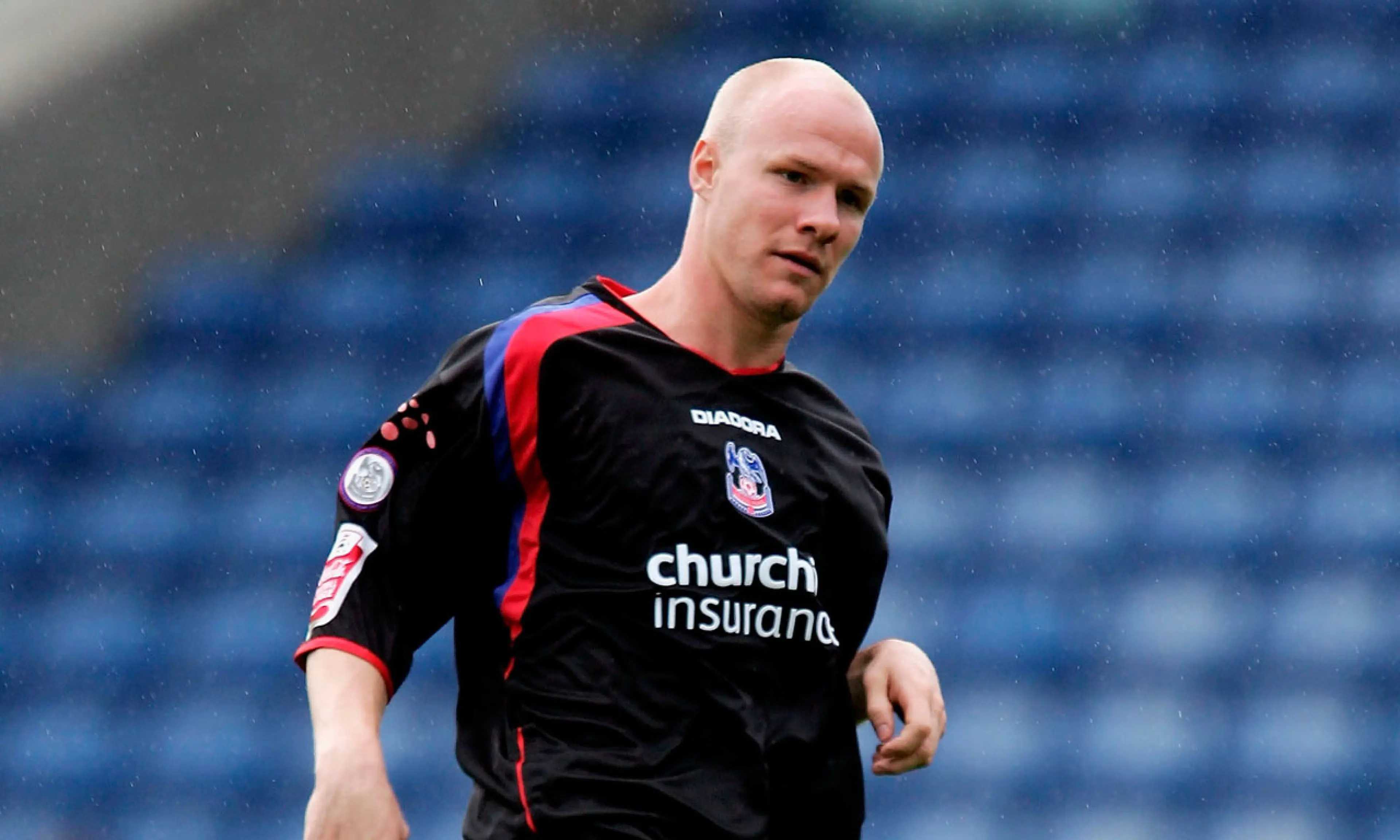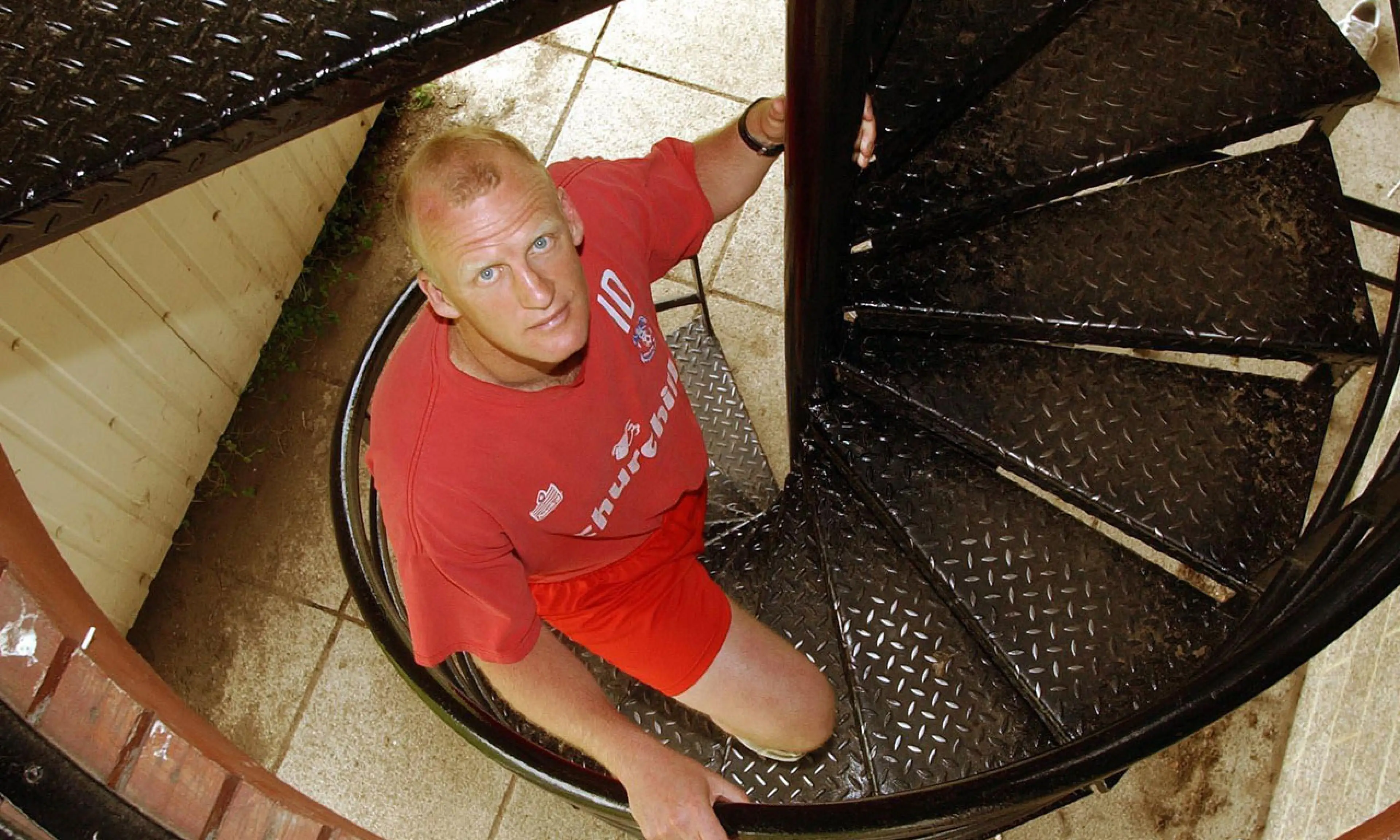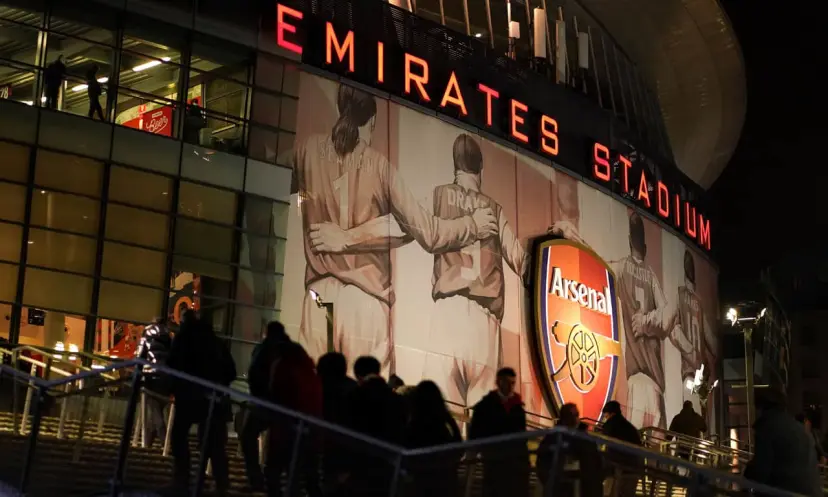Andy Johnson talks Crystal Palace: current state of play, boxing sessions with Dowie, relegation on the final day and deal with Simon Jordan
Published:
In an exclusive interview with Ladbrokes, former England striker Andy Johnson discusses Crystal Palace – now and then, including the highs and lows of promotion and relegation.
Click on the link for part one in which he talked about Gareth Southgate, plus Arsenal duo Eddie Nketiah and Emile Smith Rowe.
No rush for Palace to find manager; they’re in safe hands with Roy
You wouldn’t think Roy Hodgson is the long-term manager, but he’s done an unbelievable job with Crystal Palace, and when he went back, you could see how they reacted to him in their results and their performances. People were wondering whether he was going to be the manager this season, but they’re in safe hands with Roy. Who their next manager is going to be, I’m really not sure. There’s a real shortage of managers to come over to English clubs because people seem to come and go so quickly. It’s really hard to find that right person, and then you never know what the first three, four or five months are going to look like.
But as you can see it’s clear Palace aren’t rushing into anything. They’ve stuck to what they know, and Roy’s got a great relationship with everyone at the club. Results have been good this season; they’ve started really well and made some good signings over the last two or three years. Yes, Wilfried Zaha has gone, which is a huge miss, but he was never going to be there forever. And I feel like they’re starting to fill that gap now with the likes of [Eberechi] Eze and Michael Olise. Odsonne Edouard has started to find some decent form now, too, so it’s exciting.
They’ve got a really strong back four and made a couple of great signings in Cheick Doucoure and Jefferson Lerma. They’re looking good. I’ve been to a couple of games this season and they look really solid.
Dowie and Harbin changed the game at Palace
When I joined, Crystal Palace were just floating around the bottom end of the Championship table, so I was leaving a club in Birmingham, who had just been promoted, to join a club in the Championship who were flirting with relegation, season by season. I joined under Trevor Francis, and then Iain Dowie eventually came in and, again, we were just hovering around 16th or 17th for most of the season, not really having a great time of things.
Iain came in with John Harbin and they pretty much changed the whole dynamic of things behind the scenes. They changed how we trained, the structure, the discipline, and that was when football really first started to change from that old-school mentality, where there was a lack of professionalism. Iain and John brought in sports science, and that really changed things for us.

They put us all through our paces. John had us swimming first thing in the morning and we were boxing, probably two or three times a week, just to get that fitness up. We were doing some really intense things on the training ground, and as a result we just started to run teams into the ground. We were so much fitter, stronger, quicker. We could last longer, we had a really strong togetherness, and it’s not often you have that kind of togetherness within a dressing room throughout your career where the whole dressing room buys into the methodology. It might happen once, it might not happen at all, but at Palace, we built something really special. Everyone bought into their way of training and we were all on the same journey.
We were able to go from 16th in the league all the way up to the play-offs, obviously going on to win it. We went into that final against West Ham as huge underdogs. West Ham were huge favourites to win that. They were up there pretty much all season, while we were really late to the table. But that’s the beauty of the play-offs, and if you look historically about how that format tends to pan out, the team who sneak in at the last minute generally tend to do well, at least reaching the final, because they’ve got all of that momentum. By the time we made that final, we just felt like we had nothing to lose and unbeatable, and we were lucky enough to go on and win it.
We didn’t really do much in the way of celebration, to be honest. We’d hired a room after the game for our friends and family to join us all, and we had a good evening there, staying at the hotel. Then everyone travelled back the morning after and departed for their holidays. Then all of the focus was on that big season in the Premier League.
Going down on last day in 2004-05 was heart-wrenching
The new season comes around and obviously I go on to score 21 goals, finishing second in the charts behind Thierry Henry, subsequently featuring alongside him in the PFA Team of the Year. It was nice to get that recognition from other players, which is probably the biggest credit you could get. The added bonus for me was that I’d already won promotion with Birmingham the year before, but had that opportunity to play in the Premier League taken away from me because I was a part of that swap deal with Clinton Morrison. There was an added fire in my belly that season, for sure. I wanted to prove to myself, and all of the doubters, that I was good enough. I can look back now and say that Palace move was absolutely the best decision for me at that stage in my career. I was really starting to go stale at Birmingham, and if I’d have stayed there for another couple of seasons, I could have quite easily gone the other way.
We had a really strong push towards the end of the season, beating Liverpool and drawing at Newcastle. We were unbeaten in our last four games, something we hadn’t previously managed to do in that season. It was just that game against Charlton on the last day which ultimately sent us down. It turned out a win would have been enough for us to stay up, and we were 2-1 up.
We went 1-0 down in the first half, and then Dougie [Freedman] came off the bench and changed the game completely. He lobbed the goalkeeper. I can still remember it as clear as day, and then he won a penalty for us to take the lead. I was the penalty taker that season, and the last penalty I’d missed, was against Dean Kiely, at home, so it was quite a big penalty! We needed to win to stay up, and in the back of my mind I’m thinking about the fact he saved my last one against him, so I was relieved to put it away.
And then with six or seven minutes to go, we gave away a free-kick and Jonathan Fortune gets his head on it, and that was it. Gutted.
Obviously you can hear murmurs in the stands, and when there are quiet moments in the game but a huge roar comes from the supporters, you know something has happened somewhere, you’re just not sure what or where. Fans do try and get messages across to players, but for me I was just focused on playing my usual game. There’s no information out there that’s going to make me work harder or try harder.
It was a real mixture of emotions, I guess, because on one hand you’re celebrating being the league’s top English goalscorer, but on the other hand, you’re being relegated with a bunch of lads that have gone through thick and thin together. It was a gutting day for everyone. We never thought we were going to get relegated, we always thought we were good enough to stay in the division…especially going into those last few games. But when it comes down to that final day, anything can happen. It’s a weird day.
You’re watching other results coming in towards the end of the season. You’re always looking at how your rivals are getting on, and West Brom managed to draw at Old Trafford in their penultimate game of the season, which ultimately kept them up. You never expect to see that kind of result, especially back then, when Old Trafford really was a fortress and no teams outside of the top four or five would ever expect to come away with much. But it’s the beauty of the game. It’s good now that anyone can beat anyone, and it’s absolutely fantastic to watch every week, because you just don’t know who’s going to beat who.
It was just silent in the dressing room after that Charlton game. You could pretty much hear a penny drop. It’s tough – it’s really hard to explain. It’s the only time I’ve been in that situation, but it’s just silent. Everyone’s gutted. All of the work, effort and commitment, the dedication, the sacrifice that everyone puts in…you miss birthdays, you’re training on Christmas Day, significant family events – you sacrifice all of that just to get to the end of the season and go down. It’s hard… it’s really hard. You think about the fans, the manager, the owners, and financially, what it means for the club. Players don’t really think about that, because all you want to do is just keep the club up – when you’re in it, as a player, you’re not really thinking of the potential financial implications of a relegation.
You just feel for the fans. You know, these people work all week, they work their socks off to pay for their ticket to go and watch their club – it’s heart-wrenching for all of us.
My exit deal with Simon Jordan…
There was definitely interest in me that summer after Palace got relegated, but you just take it all with a pinch of salt because you never really know what to believe until you get a call from your manager or your chairman.
I had a really good relationship with the chairman at Palace. We got on really well, and he was really adamant that he didn’t want me to leave that season, and I respected that. He explained that the club had received the parachute payments, and that because of the goals I’d scored over the last two seasons, it would have been far more valuable to have kept me around for a season to try to help the club get back up, rather than sell me to a rival club.
Then we started to talk about my value, and I negotiated a new contract with him. I shook his hand and told him I’d give it my all, but the understanding was that if we weren’t to go up the following season, he’d agree to sell me for a figure that was convenient for the club. And I gave my heart and soul to the club during that season. We got to the play-offs and were beaten by Watford, and that’s when I moved on, after Simon [Jordan] honoured that conversation we’d had, 12 months before.








